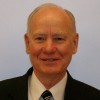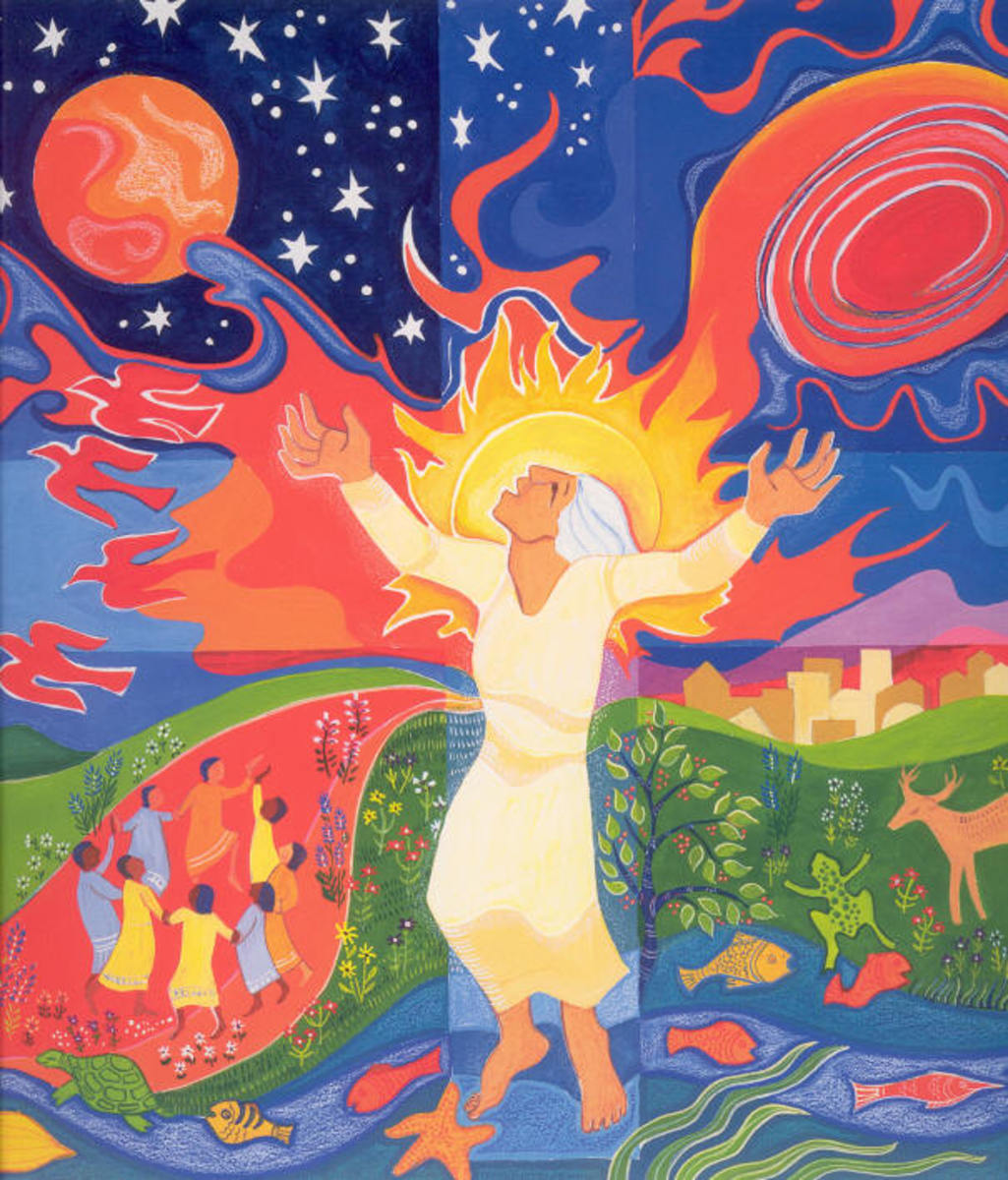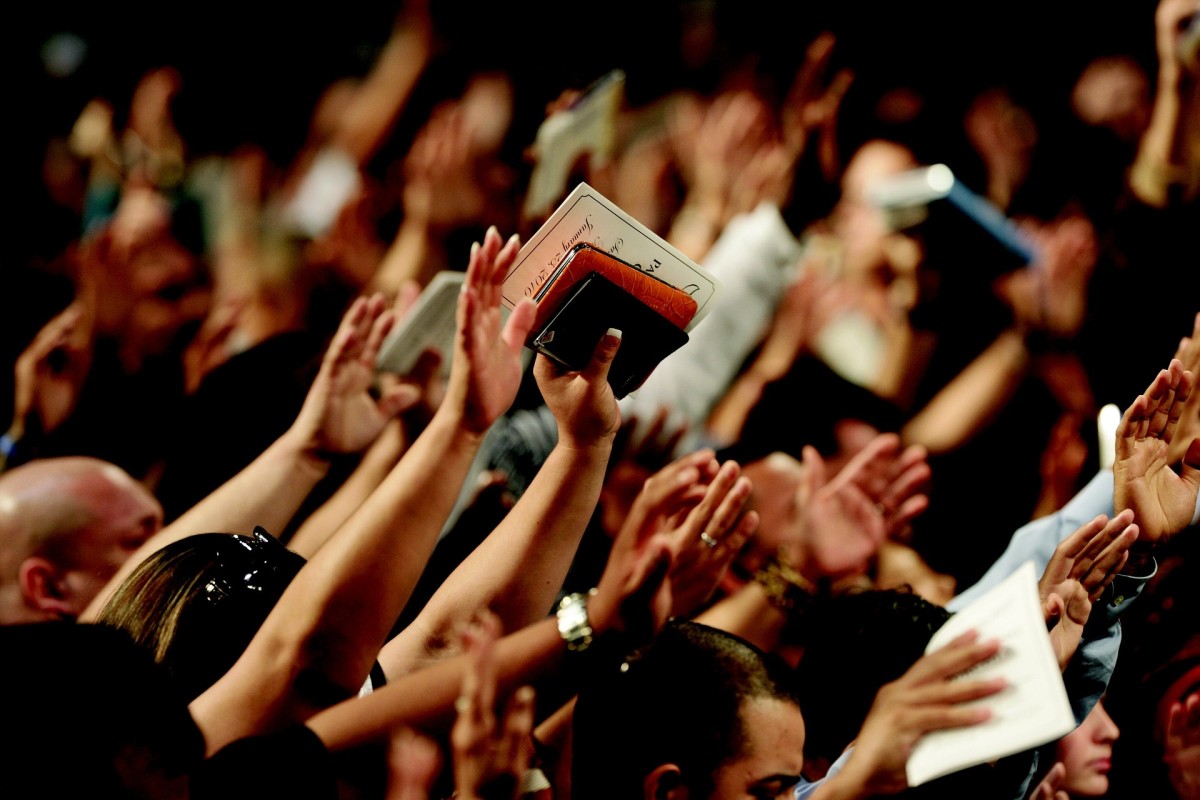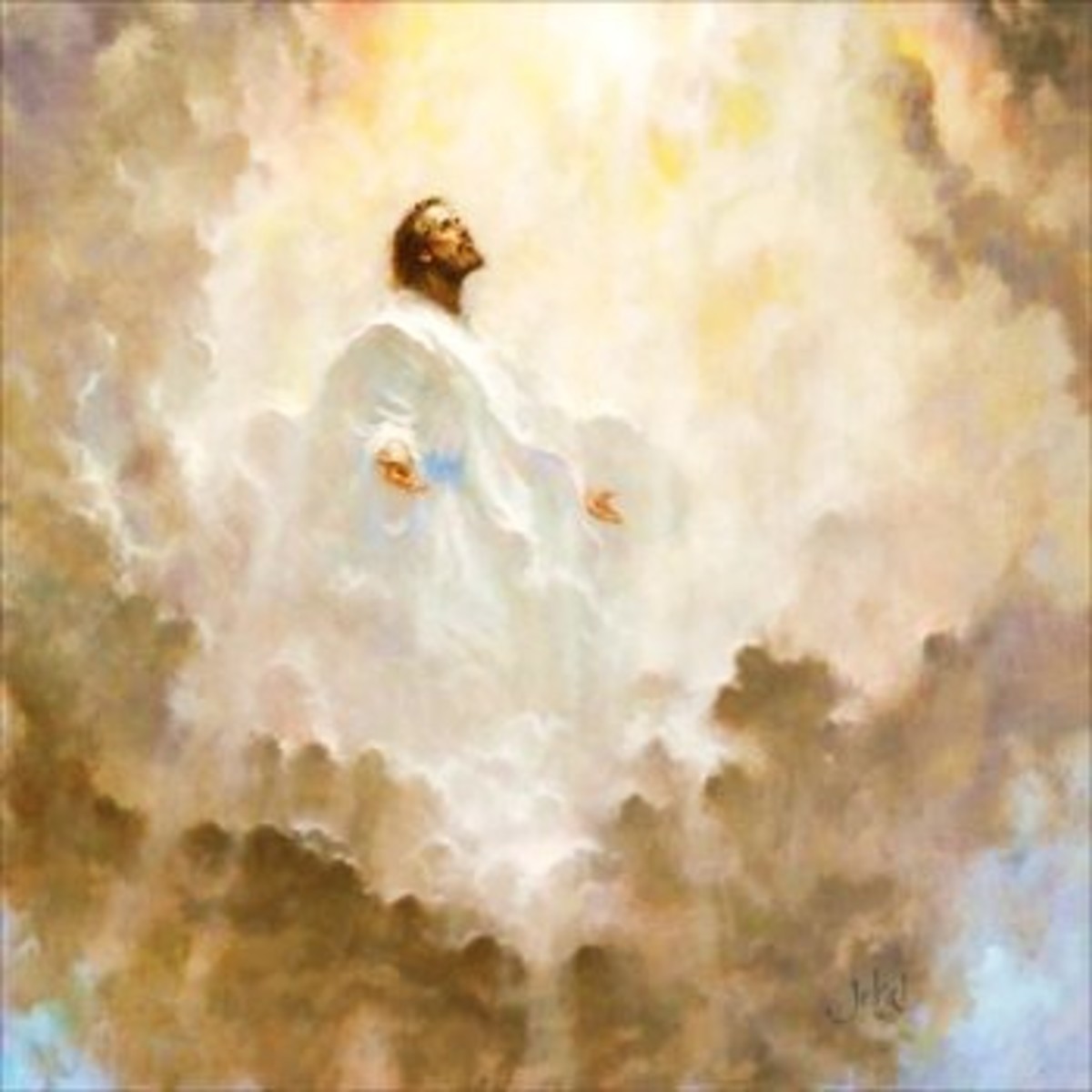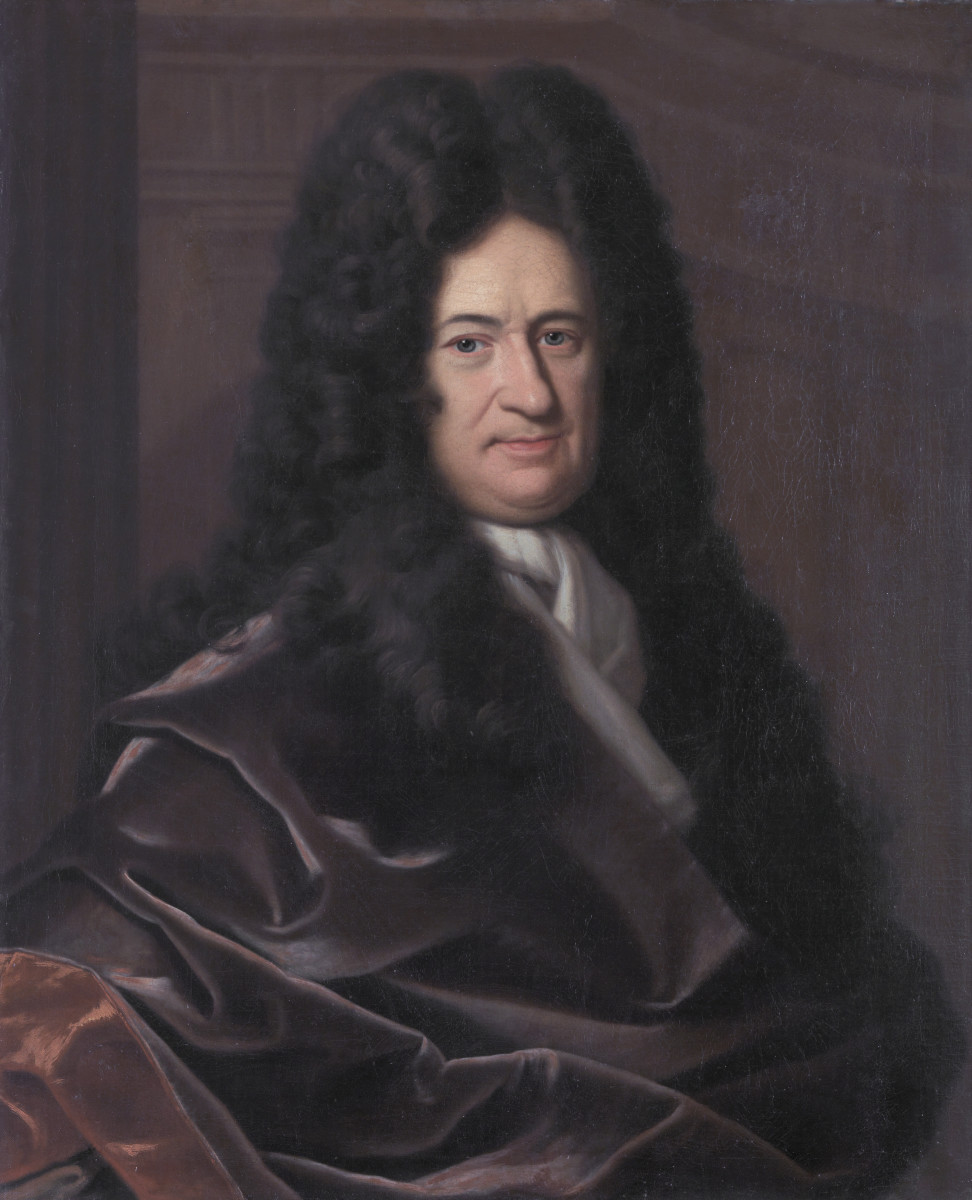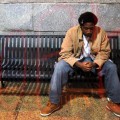Can Devout People Legitimately Consider and Discuss 9-11 without Referencing Key Events in Their Own Faith Tradition?
Public Discussion and Religious Faith
How to Interpret World Events Raises a Key Issue for Christians and Devout People of any Religious Persuasion
1. The weekly newsletter of a prosperous church in Villa Park, Illinois (in September 2011) opened with a comment and quotation no doubt intended for devotional use, but also inadvertently raising an important issue in contemporary philosophy of religion: Is it legitimate, or even possible, for Christians, or devout people of any religious persuasion, to think critically and objectively about anything of significance to the world at large without relating it first to the most significant aspects of their own particular religious faith tradition?
2. The comment included this comment with a quotation from Stanley Hauerwas, professor of theological ethics at Duke Divinity School (from his long interview November 8, 2001 with Jim Wallis, editor of Sojourners magazine, covering all aspects of appropriate Christian response to violence):
A parting thought regarding last Sunday's 9/11 observance: "When people say, 'the world changed on Sept. 11, 2001,' we [Christians] have to say, 'No, the world changed in 33 A.D.' The question [for Christians] is how to narrate what happened on Sept. 11 in light of what happened in 33 A.D."
3. Prof. Hauerwas, teaching securely in one of the most highly respected American divinity schools, considers it his job, his profession, to urge Christians to say, "No!" to the world-changing significance for anything outside the context provided symbolically and theologically for Christians by the expression "A.D. 33." [The abbreviation A.D. stands for Latin anno Domini, "in the year of our Lord," hence should stand before the number, not after it (Chicago Manual of Style, 15th ed., 2003, p. 390).]
4. Prof. Hauerwas thus does not want true Christians to consider the world-changing significance of 9-11, or presumably anything else, without giving priority to A.D. 33, and he wants them to narrate their account of any such event only in the context of what happened in A.D. 33.
5. Does not such a requirement discourage any thinking Christian from trying to participate meaningfully in the wider public world of analysis and critical discussion of any event or any subject with possible world-changing significance?
6. It is well known that you can defeat objective discussion of any event, any subject, no matter how important to the world in general, by injecting considerations from one's personal religious beliefs. Public disagreement on religious subjects quickly redirects everyone's attention to the subject of religion itself and thus raises intractable difficulties that no public group can possibly resolve in time to allow full assessment of key events (like 9-11) for purposes of public policy, not to speak of their practical implications for individual lives.
7. The edict of Prof. Hauerwas, in effect, declares inappropriate and illegitimate the whole enterprise of modern critical scholarship in the humanities, social sciences, and physical and natural sciences (as in the disciplines of history, sociology, anthropology, linguistics, languages and literature, philosophy, religion, etc.) which cannot possibly refer first to what happened in A.D. 33 before assessing the meaning of each and every event and idea that might have world-changing significance.
8. Such a procedure would not only render invalid 90 percent of all scholarly work published in the journals of Europe and America for the past 200 years, but would make it impossible for Christians to pursue any further the worthy ideals of critical, objective scholarship (which first decisively emerged in Western Judeo-Christian culture, and still primarily resides there today).
9. Unfortunately, this urging Christians not to consider 9-11 outside A.D. 33 resembles the logic of those other clerics who insisted we should see 9-11 as God's judgment on America for tolerating homosexuality, or the view of a candidate for president who claimed a recent hurricane and earthquake proved God's dislike for the current American political culture!
10. This kind of exclusivistic intellectual tribalism, a clever rhetorical way of making everything else in the world seem secondary to one's own theological interpretation of one's own religion, while apparently popular in some political circles, becomes increasingly anachronistic for public policy as the diversity of faiths in our culture increases, and even counter-productive to the church's own goals (including survival!) in the complex new world situation now emerging. Many people may not like the increasing diversity here in America, much less in the world, but that does not change its occurrence as an observable fact.
11. For starters, from a Christian perspective, such exclusivism contradicts many known teachings of Jesus. Along with many other divinely inspired teachers before and after him, Jesus seems to have recognized world-changing possibilities in everyone and everything, irrespective of any interpretative priority the later Christians might give to their belief that he survived his crucifixion in A.D. 33.
12. Matthew's Jesus, for example, taught assembled crowds of peasants such things as, "Ye are the light of the world," and "Ye are the salt of the earth" (Mt 5:13-16), and even John's more theological and self-oriented Jesus ("I am the light of the world!") taught his students that he would leave them soon and that they, the students, would do even greater things than he had done (Jn 14:12, etc.).
13. The New Testament, the church's traditional source book, does contain many exclusivistic statements, and some even put on the lips of Jesus (esp. in John's gospel), but don't forget, they all were selected, edited, and recorded in the second half of the first century when small groups of Christians, a deep minority with a dynamic new faith, were struggling to understand and express that faith so they could survive in a world circumscribed by Emperor worship in the Roman Empire (for they had little or no knowledge of civilizations elsewhere).
14. Please, I have no desire to rattle the uncritical faith of most Christians, or the members of any other religious tradition, because each group, and each person, must work out their beliefs from their own full lifetimes of personal and social experience, and no one outside can do that for them. Many people, if not most, understandably prefer to retain beliefs they had in their childhood or adolescent years, so these traditions do not change rapidly. That also is an observable fact.
15. I also agree that all thinking people entering a serious discussion of a public issue naturally will, and should, take into account all aspects of their background and experience, including their religious and political beliefs. Certainly I do so myself, but not to the point of revisiting every key factor in my life before evaluating or discussing serious current events.
16. As a native-born American, for instance, I have 1492, 1607, 1620, 1776, and 1789 to think about, and 1861-65, 1914, 1941, and so on, but in assessing every new world-changing event (like 9-11), it would rarely be practical or helpful for me to stop first and rethink my deepest ideas about 1492 or 1776 or 1941, much less to inject my particular beliefs about these past events into every discussion focused on something new.
17. In summary, I think we must distinguish between (a) what is legitimate for a particular Christian teacher to believe and do, and (b) what is legitimate for that teacher to require of all others in the same tradition.
18. Thus I consider it fully legitimate for Prof. Hauerwas (or any other Christian teacher) to claim on grounds of his own personal faith that he will not assess anything without first referencing A.D. 33 (i.e., his faith in a particular theology about Jesus), because that procedure is certainly his right, if not his responsibility. But he exceeds that personal legitimacy when he categorically restricts or discourages all other Christans from doing things any differently, as if his way must be the only way that Christians might properly think and act in today's secular world. He leaves no "wiggle room" for diverse understandings, and I think the readers of Sojourners, as well as the readers of local church newsletters, deserve better than that. The future viability of Christianity in a diverse world may depend on it.
19. We must not let ourselves be tempted to abandon the Christian Enlightenment and return again to the medieval habit of letting eminently fallible theologians and priests dictate that Christians may only think along certain specified traditional lines. Otherwise the life-work of hundreds of thousands of brave pioneers of intellectual and spiritual freedom over the last 500 years of western Christian culture will have been diminished to the detriment of all of us and all of humanity.
September 15-18, 2011 (edited Oct. 27 and Nov, 12, 2012)
____________________________________________________________
Copyright (c) 2012 by Max J. Havlick and Fay M. Havlick, The Max Havlick School, a project of New World Community Enterprises, Inc., 16 W. Vermont St., Villa Park, IL 60181-1938, all rights reserved. HubPages enables you to contact by email. Just go to the Profile Page with this link http://maxhavlick.hubpages.com/_3rjd6nm59kpy4, click on "Fan Mail," then click "Send Max Havlick an email." We hold all such correspondence and contact information in the strictest confidence.
Thank you.
